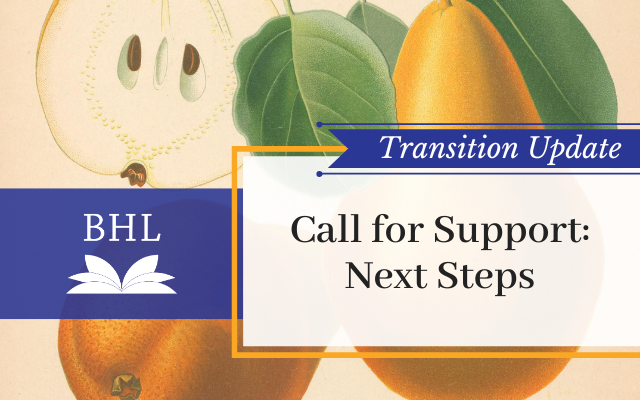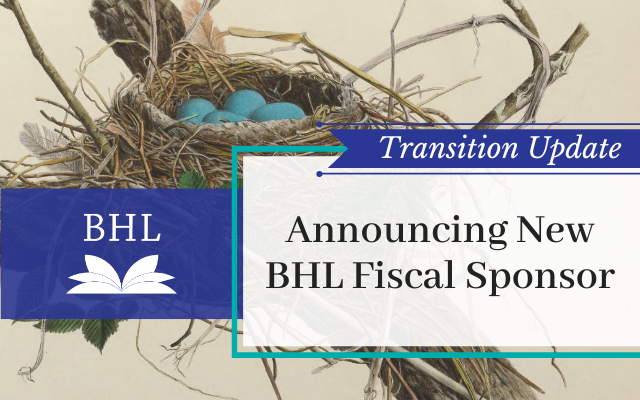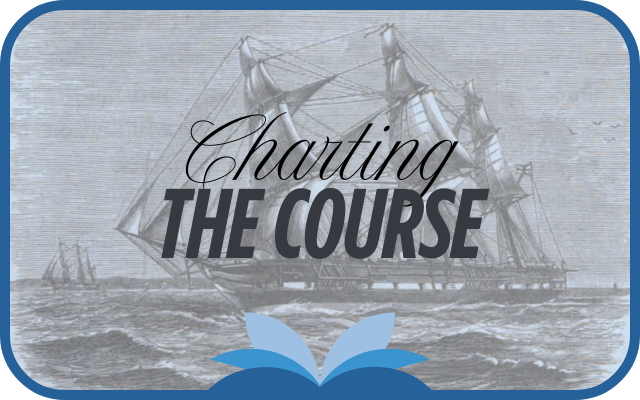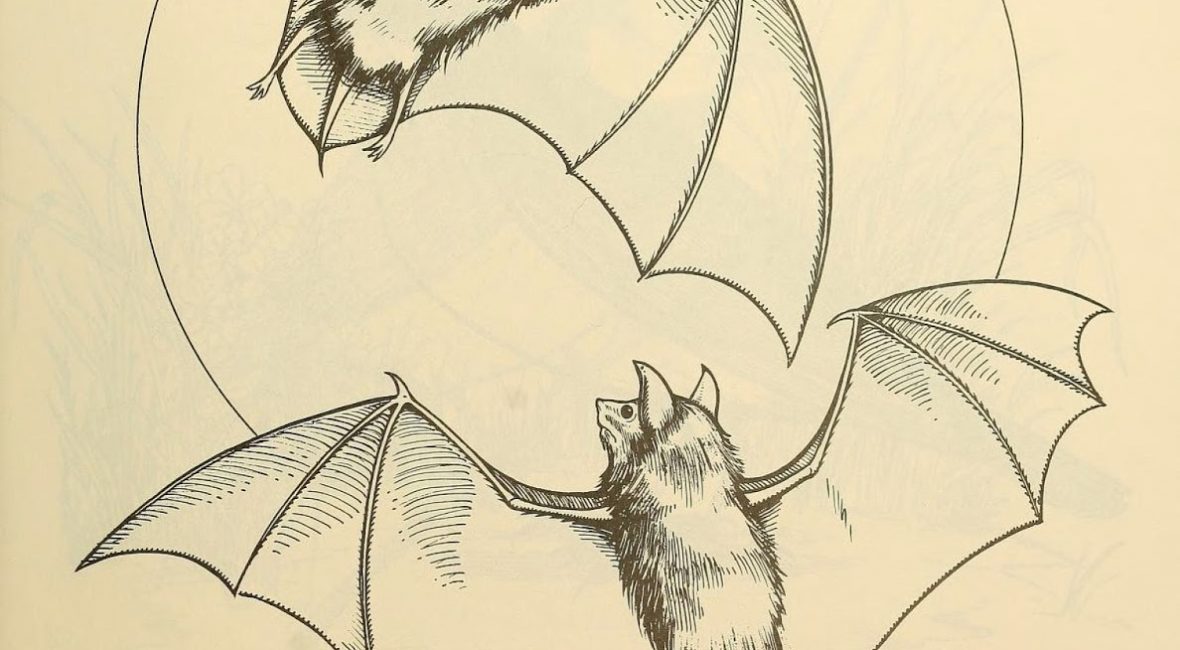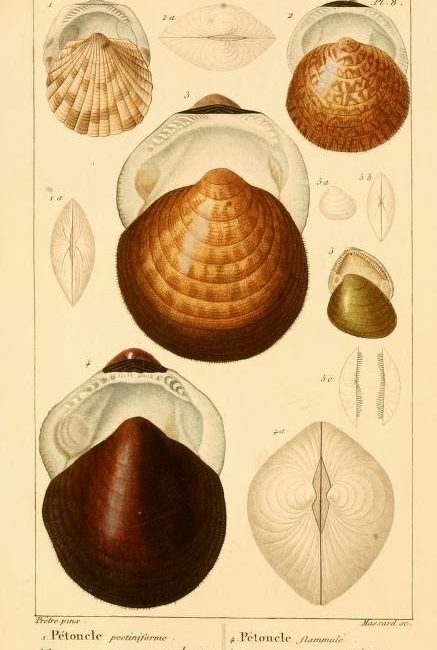It’s no secret that the Biodiversity Heritage Library (BHL) is a top-notch resource for legacy biodiversity publications. The current U.S. copyright law states that if a title was published over 90 years ago, that title has entered the public domain and is out of copyright. This allows the BHL to digitize and provide access to an astounding number of volumes published before 1923. However, that 1923 cut-off isn’t the end-all, be-all for BHL. An often overlooked aspect of the portal is that it provides access to several post-1922 titles.
Continue reading


